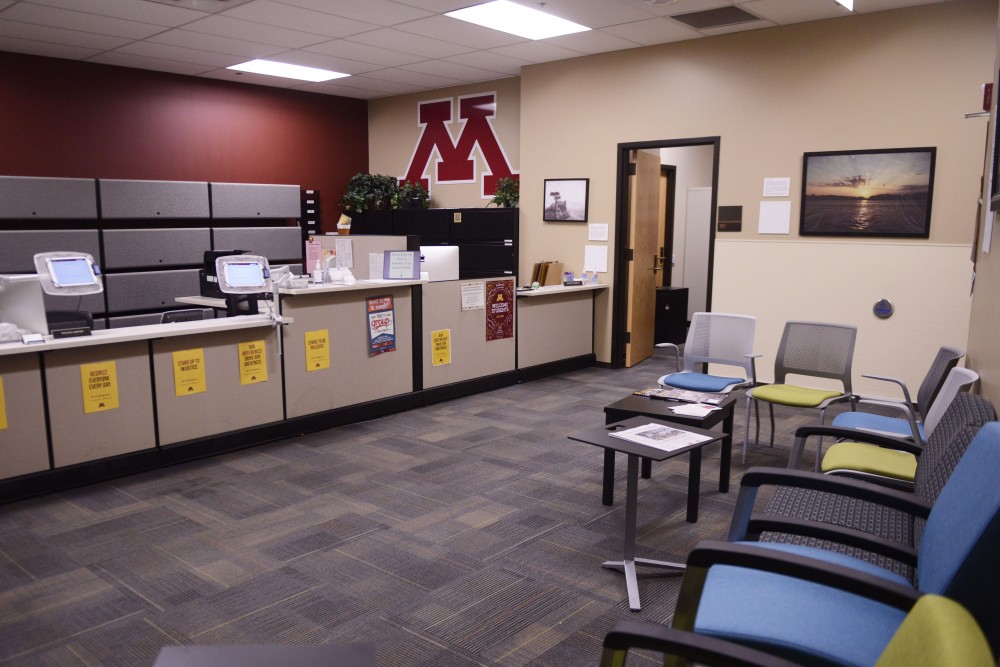Some students and employees at the University of Minnesota are having difficulty accessing services offered by the Disability Resource Center due to high demand.
At a Board of Regents meeting last week, regents discussed ways to address an increased demand for disability support services across all five University campuses. Some of the campuses have also received increasingly complex accommodation requests.
Between fiscal years 2017 and 2018, the number of students and employees the DRC served on the Twin Cities campus increased by 17 percent. Demand is likely to continue increasing, said Julie Showers, associate vice president for equity and diversity, at the meeting. Disability support offices will need to increase staffing or reduce the level of services they offer if the high demand for services continues, she said.
The student representatives to the board want to create a first-of-its-kind comprehensive plan that details each of the campuses’ needs, said Mckenzie Dice, a student representative to the board.
“Looking at all of those things and making sure we can really itemize exactly what needs to be done is the first step in making sure these things are prioritized,” Dice said.
Dice served as a student representative two years ago, when the group focused their report to the board on mental health services at the University, she said. Additional funding was made available to Boynton Health and counseling appointment wait times were shortened as a result of the report, she said.
The student representatives want to bring a student perspective to the board and help identify ways to solve issues affecting students, she said.
“We really want to bring [the regents] a specific list of actions they can take to address these issues,” Dice said.
Making courses, programs and facilities more easily accessible for individuals with disabilities before they require disability resources has helped the University better accommodate students, according to information in the board’s docket material.
Even though fewer accommodation letters are used through this method, they are still needed in some situations. Sophomore Quinne Johnson, for example, has used the letters for testing accommodation due to anxiety.
“[The DRC] completely understand[s] how mental health works and how things come up like that, and they respond as fast as they can and with as much help as they can provide,” Johnson said.
When letters are issued, it’s important the student or employee continue to communicate and work with their DRC consultant, as their needs often change while they are at the University, Showers said at the meeting.
In addition to generalized disability support, Regent Randy Simonson said he wants to see the University do more to address mental health issues and addiction.
“I think that as a University, everything we can do to help with that issue we need to do,” he said.
While the board and student representatives to the board frequently discuss disability services, Dice said these conversations are important and lead to changes. She pointed to the additional funding allocated to mental health services after the student representatives’ presentation to the board two years ago as an example.
“When students are having issues with being able to have access to certain resources or certain accommodations, it lowers our ability to succeed at the University,” Dice said. “And I think that’s detrimental to the University’s mission.”








